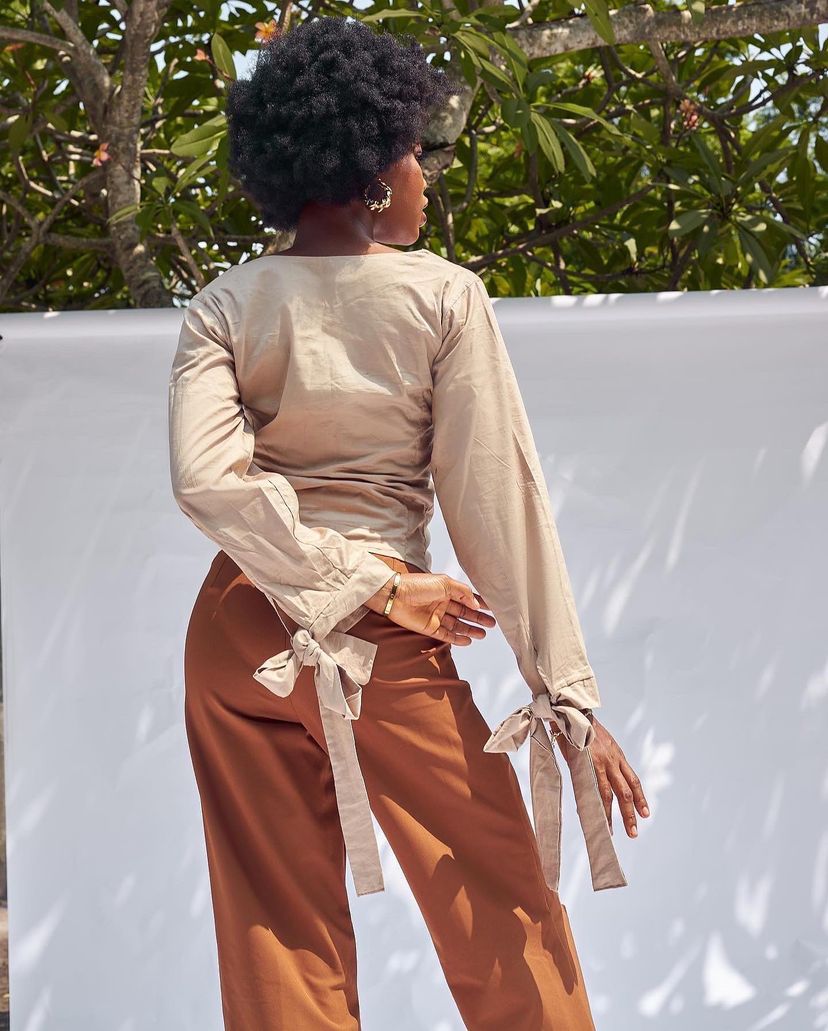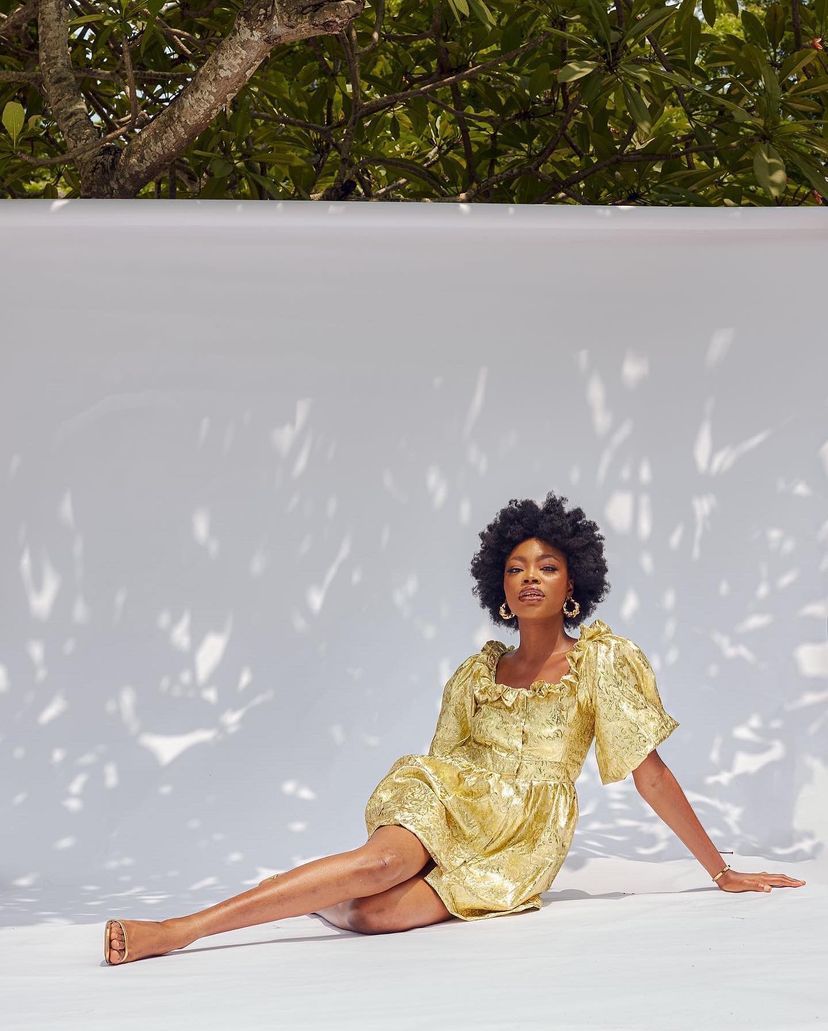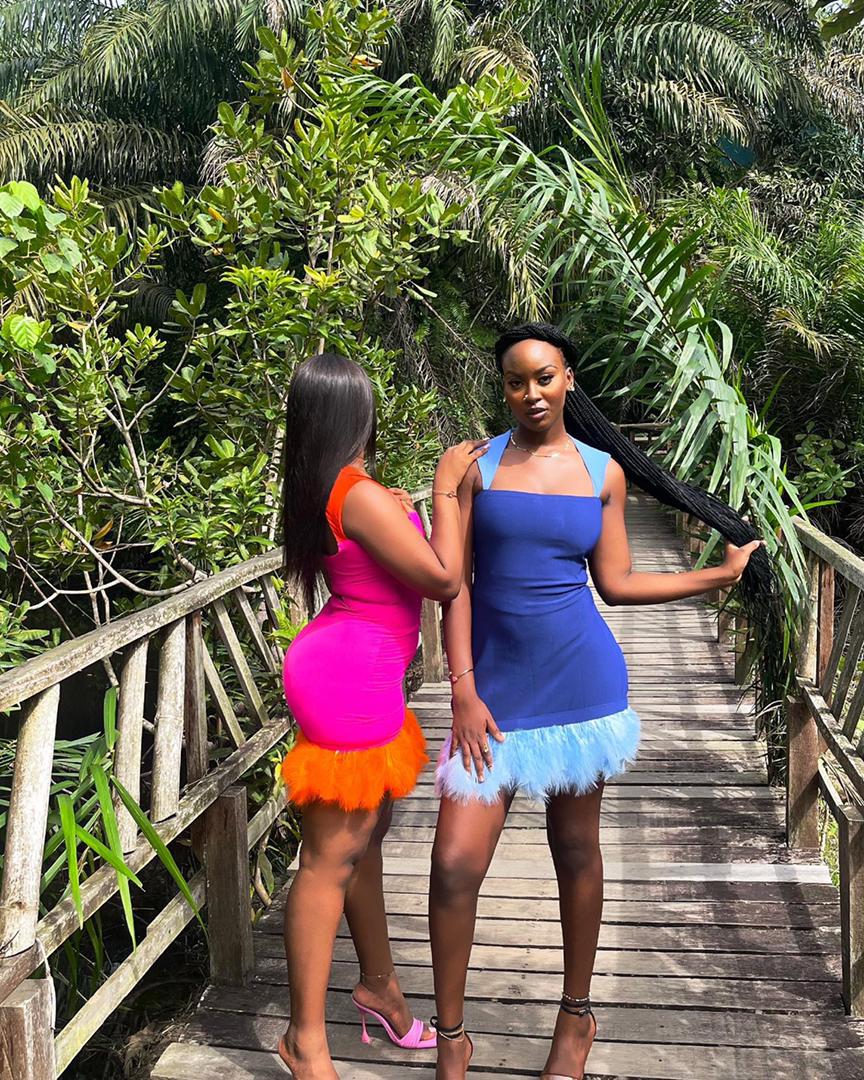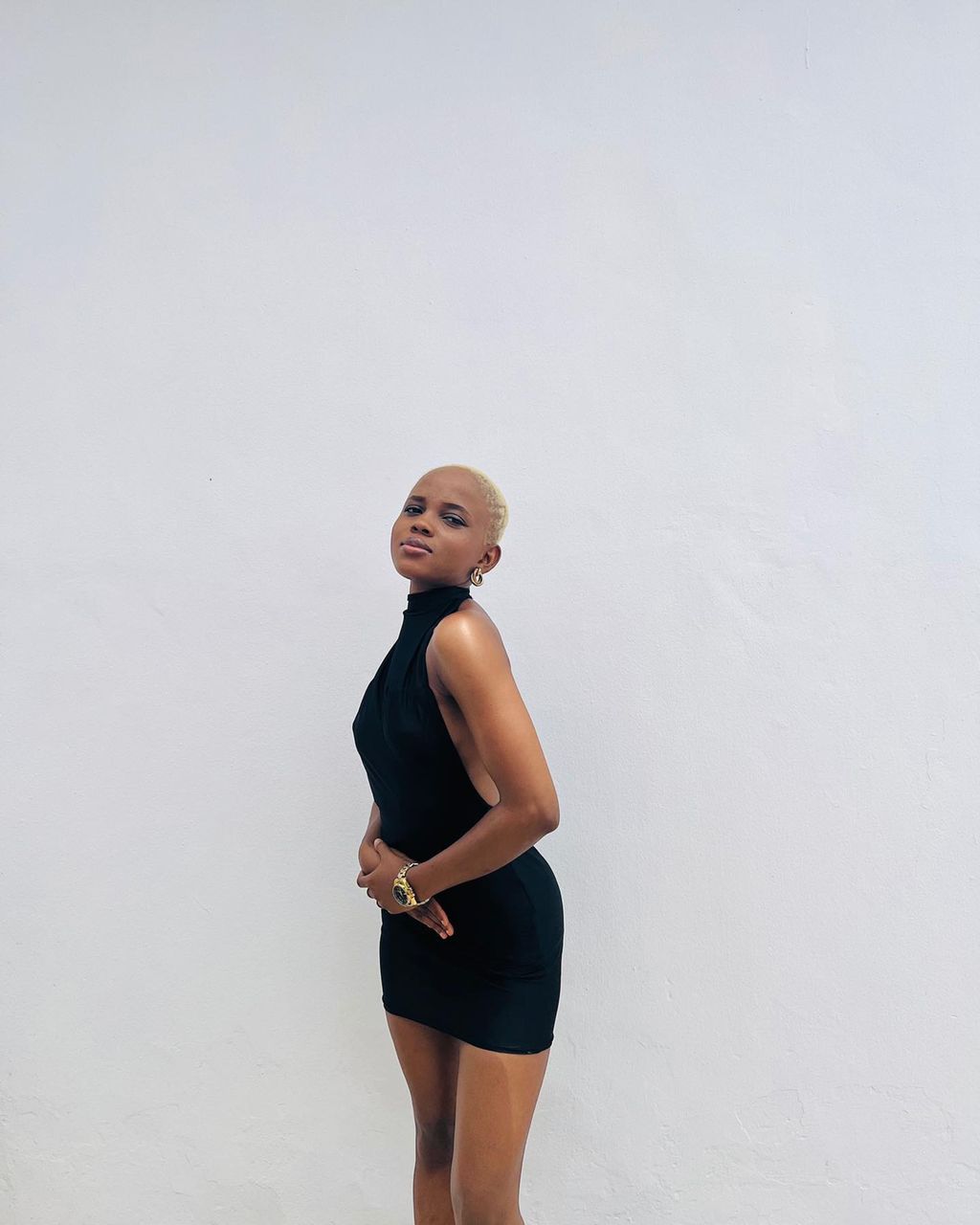
What’s the “cost” of sustainable fashion in Nigeria?
It’s a common myth in Nigerian spaces that ready-to-wear brands are just a mix of indigenous names, local fabric, expensive prices, and vibes. Well, this is barely the case for most of the local sustainable fashion brands. For a developing industry, sustainable brands deserve a lot of credit for their level of innovation, creativity, and grit. A few decades ago, only a few Nigerians would wear local brands in their day-to-day lives, and we were heavily dependent on importing our fashion. Now, thanks to the development of the African fashion industry, slow fashion brands are garnering a higher clientele and becoming household names in the industry. However, the journey to embracing slow fashion wholly is still ongoing. Unfortunately, in a country that is predominantly poor, running a local brand can be quite a hassle. In the last decade, we’ve experienced a cultural shift that opened a wide portal for the fashion scene to grow enough to accommodate slow-fashion brands. However, this demand for native brands hasn’t fully translated into 100% acceptance, at this time.
For a lot of Nigerians, fast fashion caters to our immediate fashion needs- it’s fast, cheap, and trendy. With Shein (one of the cheapest fast-fashion retailers in the world) and other fast brands delivering directly to Nigeria, it makes it even more appealing.
Perhaps, it’s because most Nigerians cannot afford sustainable fashion just yet. For example, if a slow-fashion brand sells a dress for 35,000 naira (about $58), fast fashion brands can offer dresses for as low as $7-$8 and you can get 5 of those dresses as opposed to one. However, the amount of damage fast fashion is doing to the environment is definitely not worth the slay. From unsafe working conditions, pollution, and increased material waste to low-quality clothes, the problems with this type of fashion are endless.
So, in the spirit of debunking false truths, we spoke to three slow fashion entrepreneurs to discuss the realities of running a sustainable fashion business in Nigeria.
After making a bold shift from academia to pageantry and eventually owning a fashion brand, Cassandra Collins of The Cassandra Collins brand says owning a fashion brand was a natural progression for her. However, passion isn’t sufficient to run any business in Nigeria and she states that she had to learn her lessons early on. “I wanted to make extremely affordable clothes, but it wasn’t sustainable for me as a business owner. A big misconception amongst Nigerians is that slow-fashion should be a cheaper alternative, and that’s barely ever the case.”

Fluctuating exchange rate is one of the major problems affecting brand owners and entrepreneurs in Nigeria. In July 2022, the black market rate of a dollar retailed at 700 naira to $1. This led to a hike in prices of goods and services, increasing operational and material costs of business and brand owners. “You go to the market today, and a piece of fabric costs 5000 naira. You can get there tomorrow and the same fabric is 7500 naira. It’s crazy,” Cassandra explains.
She adds that her pricing decisions are subject to a variety of factors. Fabric quality, labor, and quality control were the biggest costs she highlighted.
For Ọmọtórera of Oyiza, she’s living her lifelong dream of having her own business. While she finds it very fulfilling, she adds that the process requires a lot of effort. Describing her typical production process from order to delivery, she says, “A typical production day involves confirming orders and sending the fabrics to my production house for processing. When production is completed, I oversee the quality assurance, and we ship the packages out.”

For many small sustainable brands, finding the right labor can be quite an exhausting task. Ironically, scarcity of labor is not the problem, the quality is. Hiring bad labor can lead to wasting materials, and even losing customers. “Maintaining labor in this line of business is very difficult,” Ọmọtórera adds.
Nmesoma Constance of Wearsonma decided to take the bull by the horns and dive into the fashion industry, after struggling to find perfect clothes for her size 0 body. Running a fashion brand is no small feat, and sometimes nothing prepares you for the elements of surprises. “What has shocked me the most is clients blatantly denying their sizes. So a person who’s clearly a size 8, will order a size 6 dress and complain when it doesn’t fit,” she says.

The fashion industry in Nigeria is still relatively underdeveloped, as compared to global counterparts like the USA and the UK. Hence, there’s a need for more investors and loans to be offered to small and medium-scale businesses. “Having increased access to funds, loans will definitely be a total game changer,” Sonma says.

As to whether Nigerians are fully ready to embrace slow fashion and give up faster alternatives, Cassandra disagrees. “I don’t think Nigerians are fully ready. Let’s be honest, it’s a poor country and only a few people can afford certain things. Social media creates a bubble and sometimes we forget it doesn’t reflect the entire reality. Fast fashion and thrift clothes are definitely going to be here for a long time. It’ll only take deliberate actions to help us switch to slower brands.”
In reality, Nigerian sustainable brands are doing a great job, given the constraints. Although their pieces may appear pricey, the value they provide exceeds the cost. Even though we’re still nowhere near the future of fashion, these sustainable brands ensure that we’re on the right path to achieving it. With proper funding, enlightenment, and sensitization about the disadvantages of fast fashion in the next decade, we should make significant progress. Until then, it’s important that we highlight the work of these indigenous slow fashion brands and support them.
They absolutely deserve their flowers!
2 Comments
Comments are closed.
[…] and events that will touch on other key areas in the creative industry like creative design, fashion, dance, experiential events, and […]
[…] sustainably and […]